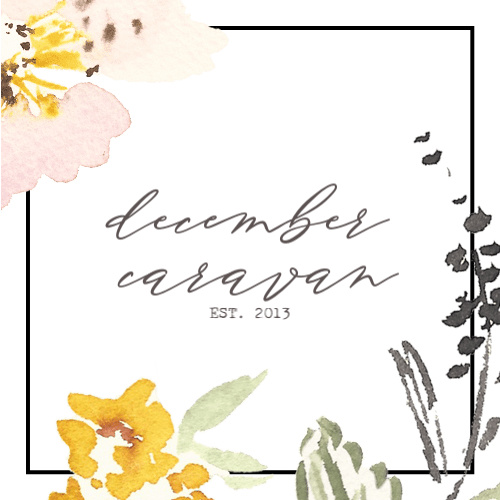When you’re traveling, your health needs to be a priority. Indeed, nobody enjoys getting sick. However, when you are on the other end of the world in a foreign country whose language you don’t speak, a simple cold could become a much more dramatic experience. Admittedly, nobody has a magic pill that can cure any illness in a matter of seconds. Therefore, it’s crucial to plan carefully before your travel and make sure that you are not taking any inconsiderate health risks. Your health travel kit serves as an emergency response to most health issues, whether they require medical assistance or a simple homemade bandage. More importantly, you need to make sure your medical kit is suitable for your travel destination. Here are some tips on what to prepare before you leave for your next journey.
Water Purifier
Access to clean water is essential when you are out camping in the wilderness. Without it, dehydration and other illnesses can quickly set in. However, sometimes the availability of clean drinking water can be challenging. This was made apparent at Camp Lejeune Water Contamination Lawsuit filed. The lawsuit alleged that contaminated water from sewage treatment plants was being served out of taps at the site and that this had caused health problems among campers, including gastrointestinal illness and skin rashes. Read more about it here, ActionMatters.org.
To avoid situations like this, campers must ensure they have access to potable water when setting up their campsite. Bringing a water filter or purifier is one way to ensure you are drinking clean water. Water filters and purifiers can be used to clean contaminated water, making it safe for drinking. These devices are becoming increasingly popular among campers, as they offer a convenient and easy way to ensure access to clean drinking water while camping in remote areas.
Overall, access to clean drinking water is an important consideration when camping. By bringing along a water filter or purifier, campers can ensure they have access to potable water throughout their stay. This will help them stay hydrated and avoid potential health issues from contaminated drinking water.

It doesn’t matter how long you’re planning to travel; you need to be ready to replace used or damaged health essentials. Indeed, someone who relies on hearing aids, for instance, should always make sure to pack the necessary replacement batteries in their bag – you can learn more about which battery is suitable for which model here. The same argument applies for contact lenses wearers, who should always keep a fresh pack of lenses in their toiletry bag. You never know what might happen! Being able to change your lenses on the go means that you are guaranteed to enjoy your trip.
A first aid kit is a no brainer
Nobody plans to get injured. But you can’t always help it. Even a minor wound, such as blisters on your foot, could completely ruin your travel. Therefore, you need to always keep a first aid kit with you – and also replace any items you’ve used as you go. You’d be surprised by how much difference a simple adhesive bandage can make to your everyday comfort! Additionally, wounds left untreated could get infected, especially if you’re hiking or backpacking through an area.
Does it need saying? Everybody should take travel insurance. You can’t afford to neglect your health. Your travel insurance is not only a matter of getting financial compensation for a delayed flight. You need to pick a policy that covers your medical needs. Accidents happen every day. The last thing you want is to be stuck in the hospital for a broken foot, and unable to pay for your medical bills. Talk about the joys of traveling!
A dictionary can save your life
How do you let your waiter know about your food allergy when you’re in a foreign country? Typically, more people in tourist areas would be able to understand English, however keeping a dictionary in your rucksack can make things easier. Whether you are trying to avoid nuts at a local restaurant or explaining a doctor about your health issues, finding the right words can save your life. Similarly, you can also use your dictionary to translate menus and attractions, which can avoid nasty allergic reactions.
Make your health a priority when packing for your next trip. While it doesn’t mean you can’t have fun on the go, it’s the guarantee of a safe holiday for you and your family.
*contributed post*






.jpg)






Post a Comment